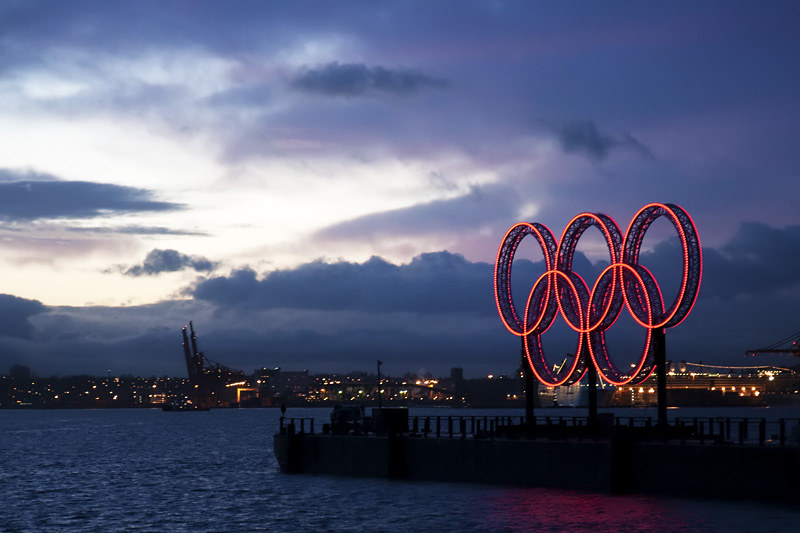President Cyril Ramaphosa will not face prosecution for the Phala Phala matter, the National Prosecuting Authority (NPA) announced this on Thursday. Advocate Mukhali Ivy Thenga, the Director of Public Prosecutions (DPP) in Limpopo, made the call to drop the case.
“This decision follows a comprehensive investigation process that was conducted by the Directorate for Priority Crimes Investigation (DPCI) following a complaint laid by Mr Arthur Fraser with the South African Police Service (SAPS).
“The criminal complaint was registered against the President of the Republic of South Africa, Mr Matamela Cyril Ramaphosa,” the NPA said in a statement.
But how did we get here, and what do political parties have to say about this?
Why did the NPA decide not to prosecute?
The Director of Public Prosecutions (DPP) made the decision after thoroughly reviewing all the evidence presented.The DPP concluded that the evidence in the case was insufficient for a successful prosecution.
This decision aligns with the NPA’s Prosecution Policy, which requires prosecutors to ensure that there is enough solid evidence to justify going forward with a case.The NPA said: “Various factors must be considered when the prosecutor evaluates evidence, notably (i) the strength of the case for the State, (ii) the availability of evidence, (iii) whether the State witnesses are likely to be credible, (iv) the admissibility of evidence, (v) the reliability of evidence, and (vi) the strength of the case for the defence.”. When the evidence fails to meet this criteria, the case is dropped to avoid unsuccessful legal proceedings.
What has been the stance of political parties pertaining to this saga?
Before the 2024 elections, the Democratic Alliance (DA) was one of the most vocal critics of Ramaphosa’s involvement in the Phala Phala scandal. The DA called for a full investigation and, in 2023, demanded the formation of an ad hoc parliamentary committee to probe the matter. DA leader John Steenhuisen emphasized that Ramaphosa should be held accountable and answer tough questions surrounding the incident.“Phala Phala scandal does not begin and end with the President, and as such, it necessitates an ad hoc committee that will have the full powers to summon and investigate Cabinet Ministers, law enforcement bodies, and other state institutions allegedly involved in this cover up.
An ad hoc committee is the route that Parliament should have followed when this scandal first broke. And the first witness that must be called by this committee, is Cyril Ramaphosa himself. It is highly irresponsible conduct by the President to bat the Phala Phala scandal between Parliament and the courts all in an attempt to evade difficult questions and full transparency and accountability”, said Steenhuisen at the time.
However, following the elections, ActionSA claimed that the DA had softened its stance after joining the Government of National Unity (GNU), suggesting the party might be backtracking on its promise to hold the president accountable.
Meanwhile, the Economic Freedom Fighters (EFF) have remained firm in their opposition to Ramaphosa. The EFF has filed an application with the Constitutional Court, challenging Parliament’s rejection of a report by an independent panel. The report found a case against Ramaphosa regarding the Phala Phala farm burglary, which the EFF believes warrants further investigation, including possible impeachment.
What is the Phala Phala saga all about?
In 2020, there was a burglary at President Cyril Ramaphosa’s private game farm, Phala Phala, in Limpopo, where large sums of foreign currency, allegedly hidden in furniture, were stolen. The incident only came to public attention in 2022 when former State Security Agency head Arthur Fraser filed a criminal complaint against Ramaphosa, accusing him of money laundering, kidnapping, and corruption. Fraser alleged that Ramaphosa did not report the crime to authorities and used state resources to cover it up.
Ramaphosa admitted that there had been a theft but denied any wrongdoing, explaining that the money was from the sale of buffalo. However, questions arose about the legality of the foreign currency and why the incident was not properly reported to law enforcement. Investigations were conducted by various bodies, including the South African Reserve Bank (SARB).




